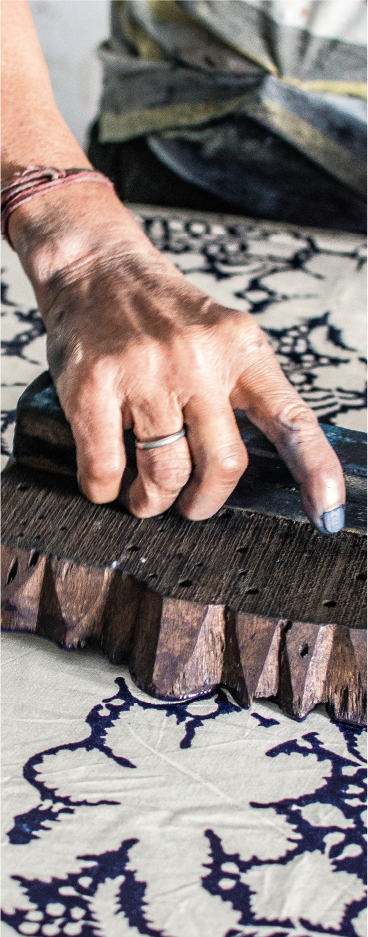- Connect
-
We would love to hear from you and collaborate on your next project. Write to us at hello@dharmalifelabs.org.

How an LMS has changed the lives of thousands of rural women
Increasing rural women’s workforce participation through role-model-based sensitisation and counselling, access to skills through a blended learning journey and linkage to livelihood opportunities.


How creating a model home is driving holistic rural progress
Creating clean and connected homes (that are aware of good health, hygiene, and sanitation habits, have access to clean energy and cooking, and are digitally literate) through a role model home as an inspiration for the community. The programme also tested various marketing methods through a randomised controlled trial.


How a board game is keeping young girls in school
Enabling conversations and driving behaviour change on the taboo topic of menstrual hygiene among adolescent girls and their mothers in rural India through a life-size board game, demonstrations, and a pink piggy bank.

How Whatsapp groups helped fight COVID-19
Responding to the effects of COVID-19 and the resulting lockdown in rural India, this programme transformed Dharma Life’s rural entrepreneur network into a crisis response force to create awareness, dispel myths, enable access to essential goods and medical services, aid recovery, and build resilience. The programme brought together several partners to create a global alliance.


How blended learning is helping dying artforms stay alive
Creating green livelihoods through circular entrepreneurship for rural tailors and artisans through training and mentorship. The programme also aims to help preserve rural art forms by creating awareness and appreciation for handcrafted goods and making the manufacturing processes more sustainable.